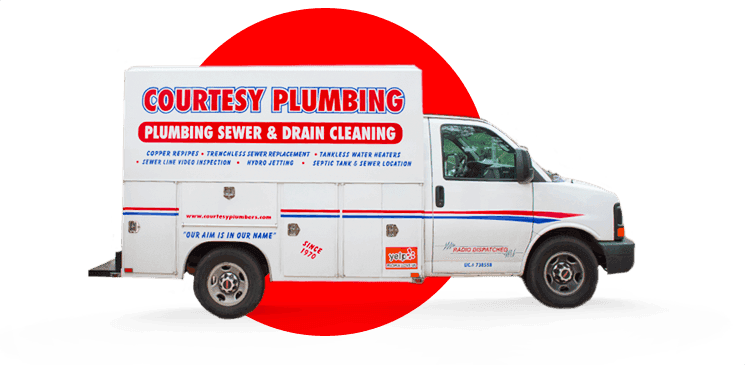A homes heating system is another integral system of the home. Right now as temperatures rise, your heating system may be the farthest thing from your mind, but come winter as temperatures drop you will be thankful that your heating system is working. A well-maintained heating system is not only good because it’s reliable, but it also helps curb heating costs.
The best time to perform some routine maintenance on your heating system is before you need it, don’t wait until it breaks down to schedule an inspection. Be proactive and have your heating system inspected in early fall before temperatures start to drop. It only takes a couple of hours and will save you money in the long wrong on expensive repairs and energy costs.
A homes heating system should be inspected annually to ensure that it is in proper working order. Over the course of the inspection the following items should be checked:
- Thermostat – the thermostat should be checked to ensure that your system keeps you comfortable and works efficiently. A faulty thermostat can lead to inefficiencies in your heating system and raise your heating costs
- Check for Leaks – leaks can be a huge source of high heating costs, not to mention a health hazard.
- Inspect and clean blower assembly – this includes blower housing, blower wheel, and motor
- Inspect blower combustion – these areas need to be cleaned of any lent and debris
- Inspect and clean the evaporator coil, drain pan and condensate drain lines
- Inspect ignitions systems and safety controls
- Inspect flue system – this needs to be properly attached tot he furnace. Check for signs of corrosion and replace if necessary.
- Clean or replace air filters
During the inspection of a heating system, the technicians should run the heating system to check for any odd sounds, smells, and visual signs of wear. Proper inspection of a heating system will help curb heating costs and keep the home comfortable and free of any health hazardous chemicals like carbon monoxide. As an added safety precaution also have fire and carbon monoxide detectors tested and replace the batteries as needed.
Some other tips to help you curb heating costs:
- Ensure that the home is properly insulated
- Check attics, crawlspaces, and basements for leaks
- Ensure that windows and doors are properly sealed
- Check caulking around windows, foundation, and any ports of entry for plumbing pipes, exhaust pipes, etc.
Remember a well-maintained heating system will help curb heating costs, a well insulated and sealed house will also help ensure that a heating system runs as efficiently as possible and also help curb heating costs.



